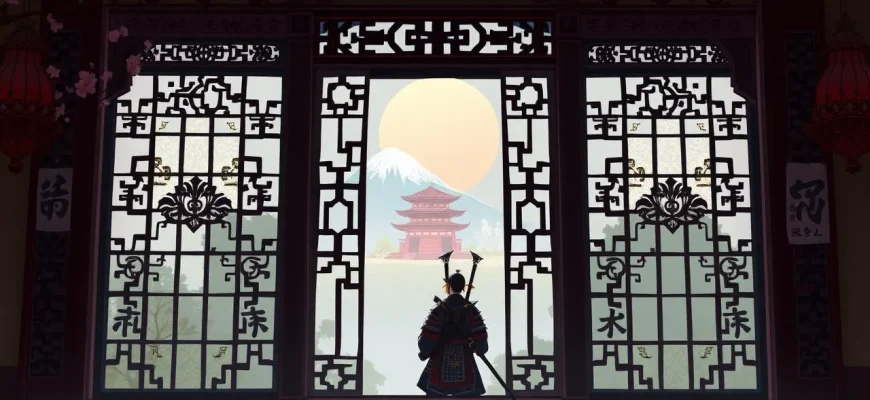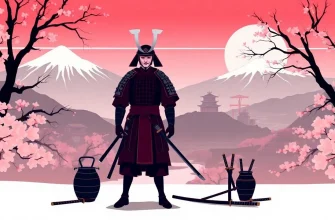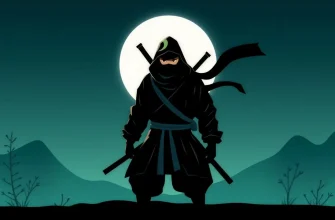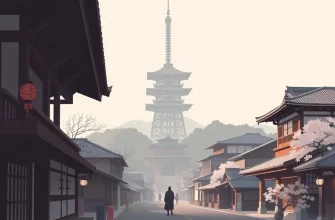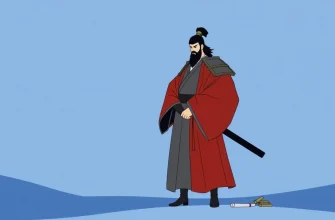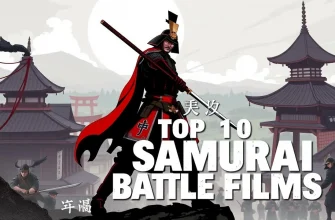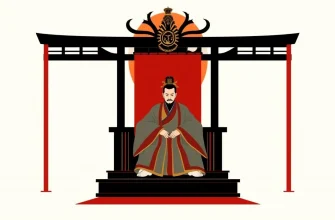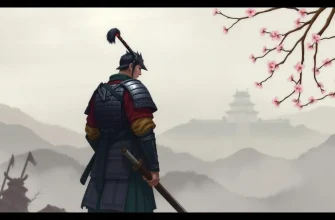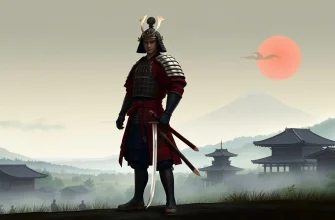Embark on a cinematic journey through time with our curated list of historical films set in Ancient Japan. These films not only entertain but also educate, providing a window into the rich cultural heritage, intricate societal structures, and the legendary tales of samurai, shoguns, and the everyday life of that era. Whether you're a history buff, a film enthusiast, or simply looking for a captivating story, this collection promises to transport you to a world of honor, tradition, and epic battles.

Throne of Blood (1957)
Description: Another Kurosawa gem, this film is a retelling of Shakespeare's "Macbeth," set in feudal Japan, where ambition and fate intertwine in a tale of power and betrayal.
Fact: The film's iconic scene where the protagonist is shot by arrows was inspired by a real-life incident from Japanese history.
 Watch Now
Watch Now 
The Hidden Fortress (1958)
Description: This film, which inspired George Lucas's "Star Wars," follows two peasants who help a general and a princess escape from enemy territory, showcasing the lower strata of feudal society.
Fact: It was one of the first films to use the "widescreen" format in Japan, enhancing the visual storytelling.
 Watch Now
Watch Now 
Harakiri (1962)
Description: This film delves into the harsh realities of the samurai code, focusing on a ronin who seeks to perform seppuku in front of a feudal lord, revealing a deeper story of honor and revenge.
Fact: It was remade in 2011 by Takashi Miike, showcasing the enduring appeal of the original story.
 Watch Now
Watch Now 
Kagemusha (1980)
Description: A petty thief is chosen to impersonate a dying warlord, leading to unexpected consequences as he navigates the complex world of samurai politics.
Fact: The film was a major international success, winning the Palme d'Or at the Cannes Film Festival.
 Watch Now
Watch Now 
Shogun Assassin (1980)
Description: A compilation of two Japanese films, this movie follows a masterless samurai and his young son as they flee from the Shogun's assassins, blending historical drama with action.
Fact: The film gained a cult following in the West and influenced many filmmakers with its unique blend of samurai tradition and exploitation cinema.
 Watch Now
Watch Now 
The Last Samurai (2003)
Description: This epic drama follows an American military officer who becomes embroiled in the Satsuma Rebellion and finds himself aligning with samurai warriors, learning their ways and ultimately embracing their code of honor.
Fact: The film was shot on location in Japan, with many scenes filmed at the Himeji Castle, one of Japan's most famous castles. Tom Cruise underwent extensive training in samurai sword fighting for his role.
 Watch Now
Watch Now 
47 Ronin (2013)
Description: This fantasy-adventure film loosely based on the legendary tale of the 47 Ronin, showcases a band of samurai seeking revenge for their master's death, with a touch of supernatural elements.
Fact: Keanu Reeves underwent extensive training in Japanese martial arts for his role as Kai, the half-Japanese, half-English outcast.
 Watch Now
Watch Now 
Samurai Rebellion (1967)
Description: A samurai challenges the authority of his lord when he refuses to give up his daughter-in-law, leading to a dramatic confrontation that questions loyalty and honor.
Fact: The film was directed by Masaki Kobayashi, known for his critical stance against the feudal system in Japan.
 30 Days Free
30 Days Free 
Ran (1985)
Description: Akira Kurosawa's masterpiece, loosely based on Shakespeare's "King Lear," explores themes of betrayal, greed, and the fall of a warlord's empire, set against the backdrop of feudal Japan.
Fact: "Ran" took ten years to plan and five years to shoot, making it one of the most ambitious and visually stunning films of its time.
 30 Days Free
30 Days Free 
The Twilight Samurai (2002)
Description: This film portrays the life of a low-ranking samurai in the late Edo period, focusing on his struggles with poverty, duty, and personal honor.
Fact: It won the Japanese Academy Award for Best Picture and was praised for its realistic depiction of samurai life.
 30 Days Free
30 Days Free 
